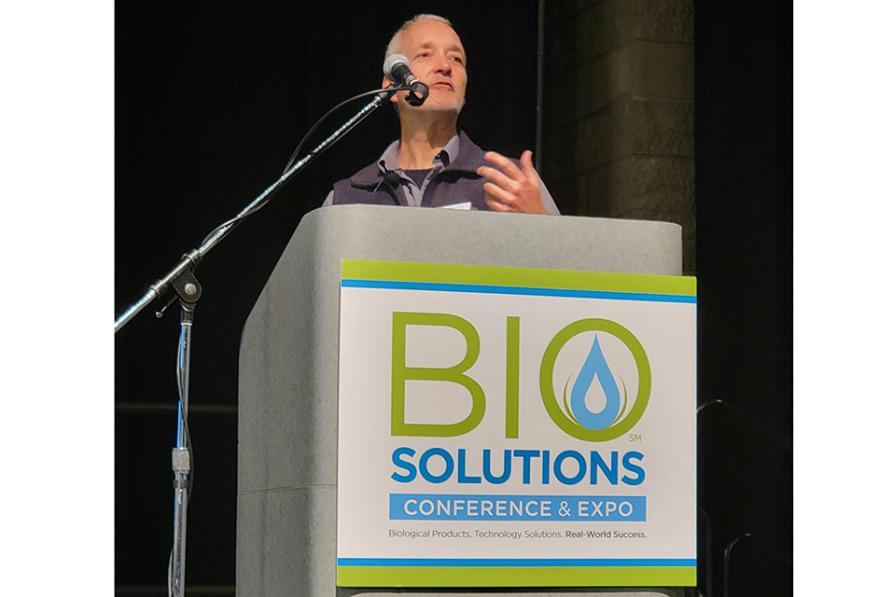Succession Planning 101: Knowing When to Hand Over the Keys to the Farm
“Uncomfortable conversations.” The topic came up frequently recently during separate interviews with the Patterson and Vodraska families. The fruit growers, two of the more notable such operations here in Northeast Ohio, are the subjects of recent succession planning stories.
While both families have established and maintained successful succession plans, they have had to endure the usual trials and tribulations that accompany the process. At the top of that list are those uncomfortable conversations that can lead to conflict or inhibit dialogue in the first place.
One such discussion revolves around the equal or fair split of the business among successors. Another is the determination of who will make the decisions on the farming operation. Finally, there is the topic of mortality, whether it’s your own or that of a loved one.
The longstanding shtick is that most people fear public speaking more than death. As Jerry Seinfeld puts it, “To the average person, if you go to a funeral, you’re better off in the casket than doing the eulogy.”
At the same time, speaking ABOUT death — or even having to surrender your career to old age — would seem to be the worst of both worlds. Especially in front of family (and preferably a very talented outside advisor).
Brothers Dave and Bill Patterson and Chris and Matt Vodraska had to deal with those types of discussions, which, of course, included their parents. What child wants to face up to the eventual loss of Mom or Dad? Worse yet, what parent wants to even consider the death of a daughter or son?
During each of my interviews with the Pattersons and Vodraskas I was reminded of an episode of “The Wonder Years,” one of my favorite television shows of all time. “Grandpa’s Car” revolves around Kevin’s aging Grandpa Arnold, who is having trouble driving but refuses to listen to his family’s concerns. When he is no longer able to drive, he asks Kevin to drive him back home, only to take the wheel himself mid-trip.
In the midst of reminiscing about favorite pit stops and roadside attractions, Grandpa almost gets into an accident. He finally realizes he’s getting too old to drive and lets Kevin have his cherished Oldsmobile for only a dollar. If memory serves me correctly, the show’s narrator closes the episode by saying Kevin would always remember that car — not because it was his first but because it was his grandfather’s last.
Yeah, just a little uncomfortable, I’d say.
Nancy Patterson, the beloved matriarch of Patterson Fruit Farm, recalls a story from 20 or so years ago, when she was involved in 4-H. An elderly farmer from down the street called her, wanting to talk to someone about giving his land to 4-H. Excited, Nancy got a state leader to come up and visit him. But the conversation never got off the ground. The old man froze up.
“He talked around it. He was afraid maybe,” Nancy says. “Like his lawyer said, an older person in the middle of the night has all these ideas. By the time he wakes up in the morning, he’s lost that.”
Fortunately, the process of succession planning has evolved tremendously over the last 20 years, according to Dave Patterson. But, still, it is never easy, even with the help of experts.
“People are embarrassed to turn to professionals sometimes,” Bill Patterson says. “The reason people don’t want to have the conversations is because they are uncomfortable conversations to have: ‘I think this person is going to be good; this one’s not. I want this person to come back; not this other person.’
“You have to have those conversations. Professionals have to carry you through blown-out arguments. It’s the first time people have ever heard some things. Like when you first tell your parents they can no longer actively farm. Like, ‘You guys need to stay home. You can’t be there.’ I mean, who wants to be part of any of that?”
Grandpa Arnold didn’t. Nor did the old man down the street. But in the end — or more accurately, BEFORE the end — joining that discussion, while facing reality, is best for everyone involved.










